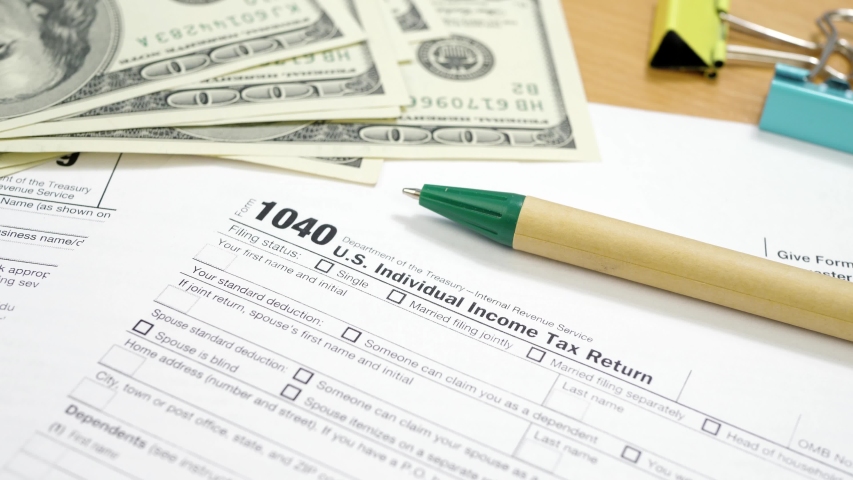Senior living is expensive, so anyone who is paying for them wants to know if there’s a way to deduct those expenses from their taxes. The good news is that some senior living expenses are deductible, as well as medical expenses within parameters set forth by the IRS. The following are the details, so you can figure out if you’ll be able to deduct your senior living expenses.
Tax Deductible Senior Living Expenses
According to the IRS, nursing home expenses are deductible because they are considered medical expenses. Home health aide expenses may also be deducted if there is a medical necessity, and only the following services can be deducted:
- Diagnostic
- Preventative
- Therapeutic
- Curing
- Treating
- Mitigating
- Rehabilitative
- Maintenance and Personal Care
These services are also only able to be deducted if the senior meets the following criteria:
- The nursing home is primarily for medical care. If it is for medical care, everything is deductible, including meals and lodging.
- If the nursing home is not a necessity for medical care, only the medical portion of the services provided are deductible. In other words, the costs of meals and lodging are not deductible.
- The person must be chronically ill. The resident at the assisted living facility must need assistance with at least two activities of daily living: eating, toileting, dressing, or bathing.
- A healthcare professional must recommend senior living assistance, indicating there is a medical need.
- The resident suffers from severe cognitive impairment, such as dementia or Alzheimer’s disease and requires constant supervision.
- A treatment plan must be prescribed for the senior living expenses to be deducted.
Adult children who are paying half or the full amount of senior living expenses may be able to claim them on their taxes, but the older parent must be considered a dependent. The older parent also must not have a gross income that exceeds $4,150.
How to Take Advantage of the Deductions
To deduct senior living expenses, complete Schedule A (Form 1040 or 1040-SR). The total amount that can be deducted is 7.5% of adjusted gross income.
Keep in mind, the 7.5% limit includes other medical expenses, such as:
- Paid insurance premiums
- Nursing services
- Doctor and lab fees
- Dental treatments
- Medical appointment transportation
- Personal care items, including food for a special diet or disposable briefs
- Prescription medications
- Wheelchairs
- Artificial limbs and teeth
Tips for Deducting Senior Living Expenses
If you’re going to deduct senior living expenses, be sure that you keep detailed records. Everything you have paid for must have a receipt. You will need those receipts if the IRS decides to do an audit.
Also, keep in mind that making your older parent a dependent could end up affecting their Medicaid eligibility or their health insurance costs. Some people need to way the pros and cons of making their older parent dependent because they will lose more money by becoming Medicaid ineligible or having to switch insurances with higher premiums.
Contact a Professional Tax Preparer
If you have questions about senior living expenses and claiming them on your tax return, contact a professional tax preparer. This person will be able to help you understand if you’re able to claim those expenses as deductions.
We understand it can be challenging to decide which senior living option is best for your older loved one. At A1 Senior Care Advisors, our concierge services help people in your situation by matching their loved one up with the best senior living solution. Our concierge services are FREE to you, so there is no reason not to call us for help. You can reach us at 425-324-5592. Please visit www.A1SeniorCareAdvisors.com or take a look at our 5 STARS Google reviews or follow us on https://www.facebook.com/a1seniorcareadvisors/













